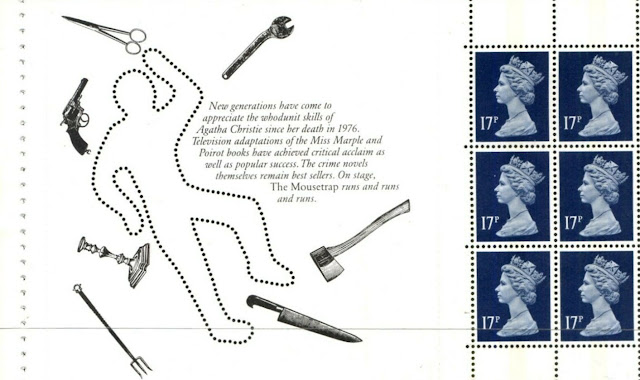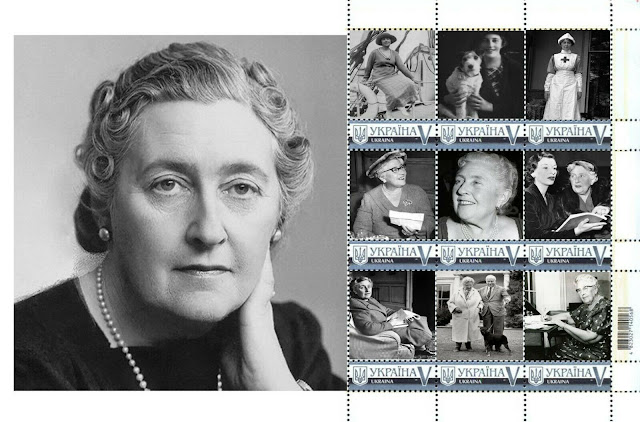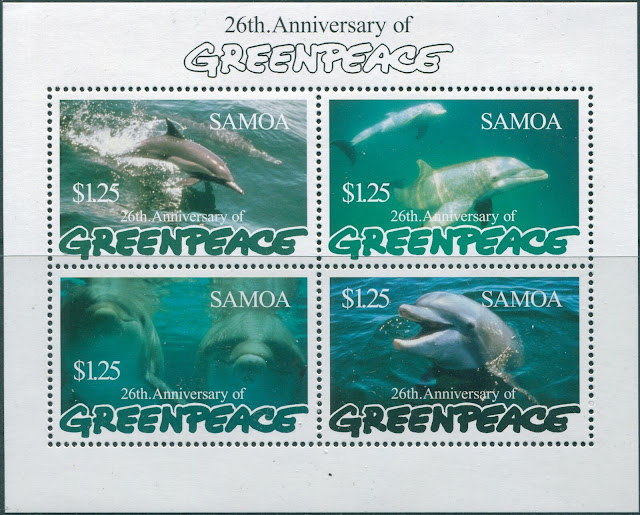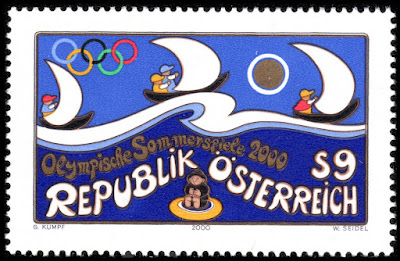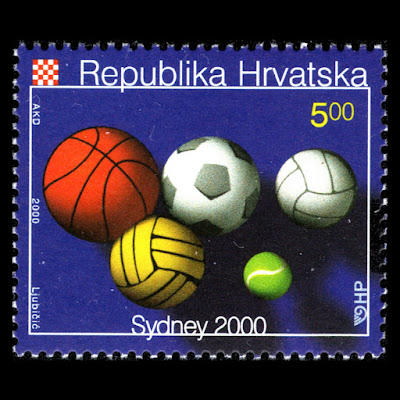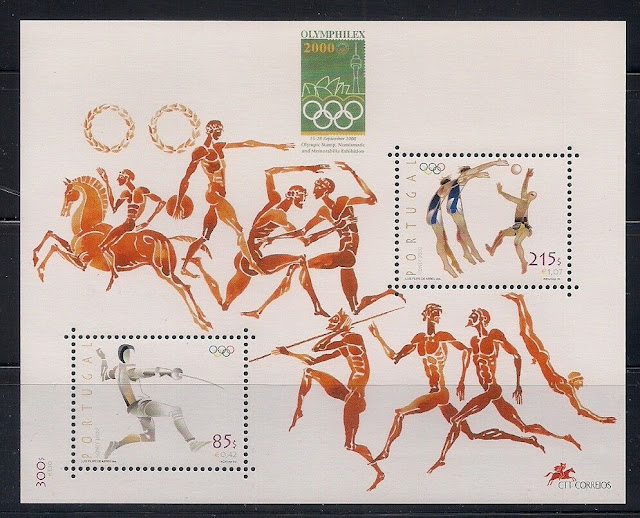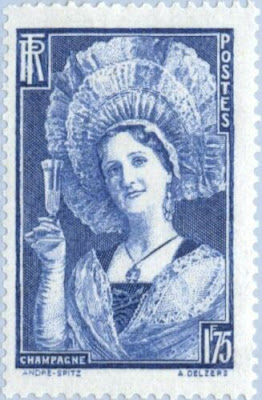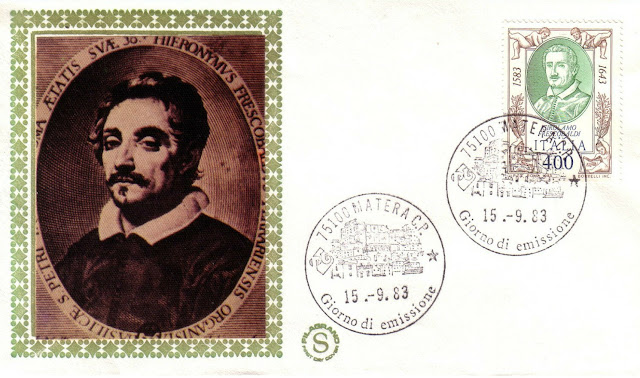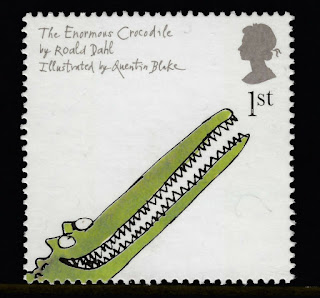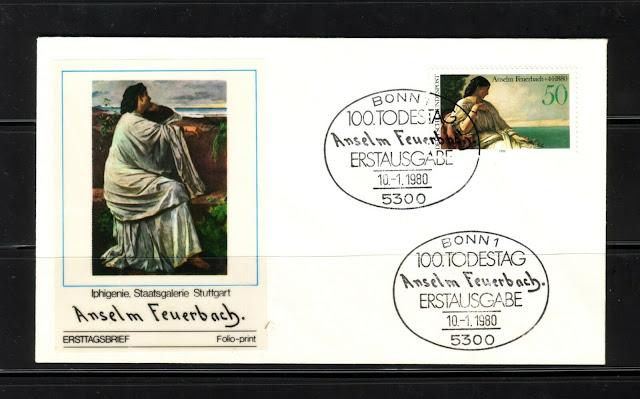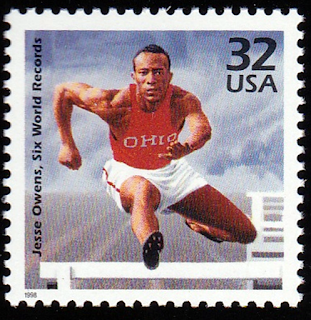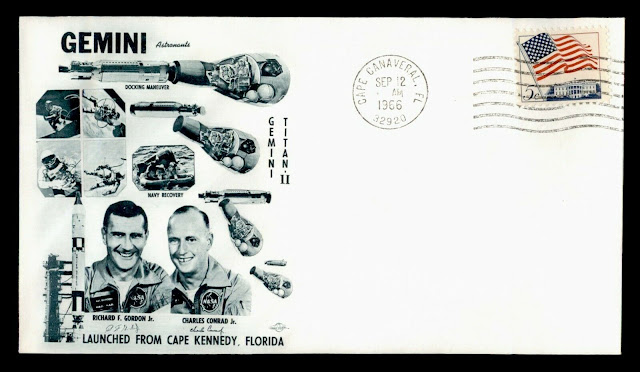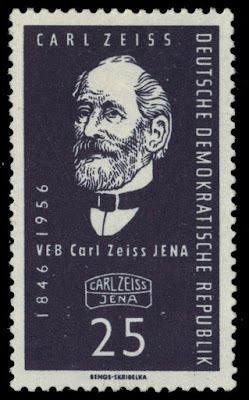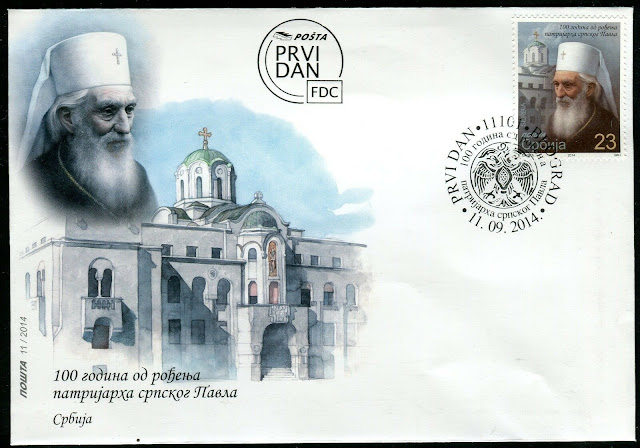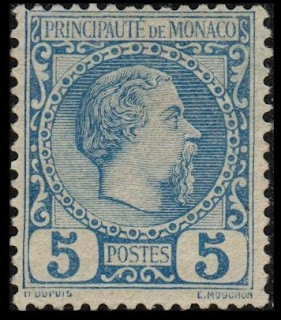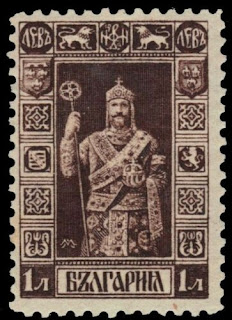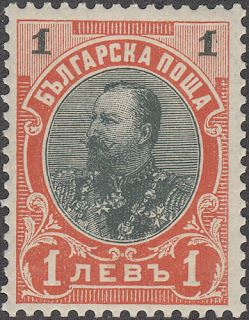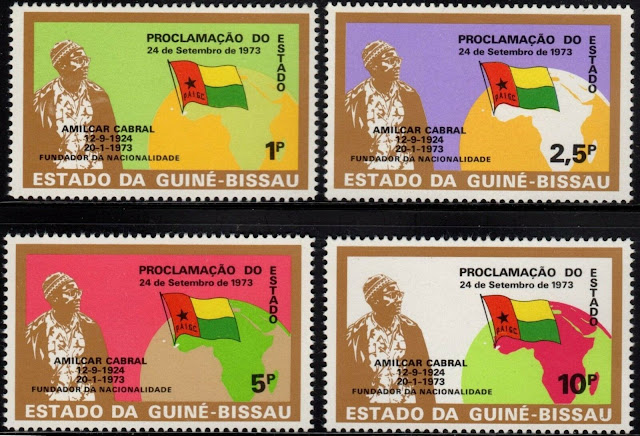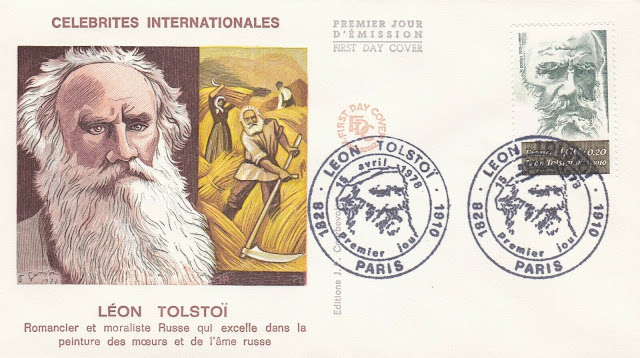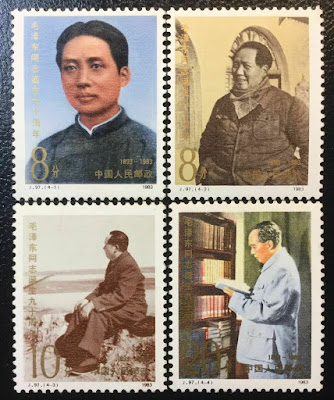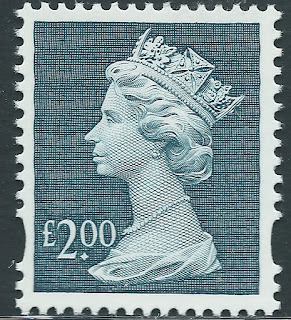Here are some events that happened on September 15th. It could be an event or a person that died or was born on that day
1890 Born: Agatha Christie, English crime novelist, short story writer, and playwright (d. 1976)
Dame Agatha Mary Clarissa Christie, Lady Mallowan, DBE (née Miller; 15 September 1890 – 12 January 1976) was an English writer. She is known for her 66 detective novels and 14 short story collections, particularly those revolving around her fictional detectives Hercule Poirot and Miss Marple. Christie also wrote the world's longest-running play, a murder mystery, The Mousetrap, and, under the pen name Mary Westmacott, six romances. In 1971 she was appointed a Dame Commander of the Order of the British Empire (DBE) for her contribution to literature.
Christie was born into a wealthy upper-middle-class family in Torquay, Devon. Before marrying and starting a family in London, she had served in a Devon hospital during the First World War, tending to troops coming back from the trenches. She was initially an unsuccessful writer with six consecutive rejections, but this changed when The Mysterious Affair at Styles, featuring Hercule Poirot, was published in 1920. During the Second World War, she worked as a pharmacy assistant at University College Hospital, London, acquiring a good knowledge of poisons which feature in many of her novels.
Guinness World Records lists Christie as the best-selling novelist of all time. Her novels have sold roughly 2 billion copies, and her estate claims that her works come third in the rankings of the world's most-widely published books, behind only Shakespeare's works and the Bible. According to Index Translationum, she remains the most-translated individual author, having been translated into at least 103 languages. And Then There Were None is Christie's best-selling novel, with 100 million sales to date, making it the world's best-selling mystery ever, and one of the best-selling books of all time. Christie's stage play The Mousetrap holds the world record for longest initial run. It opened at the Ambassadors Theatre in the West End on 25 November 1952, and as of April 2019 is still running after more than 27,000 performances.
In 1955, Christie was the first recipient of the Mystery Writers of America's highest honour, the Grand Master Award. Later the same year, Witness for the Prosecution received an Edgar Award by the MWA for Best Play. In 2013, The Murder of Roger Ackroyd was voted the best crime novel ever by 600 fellow writers of the Crime Writers' Association. On 15 September 2015, coinciding with her 125th birthday, And Then There Were None was named the "World's Favourite Christie" in a vote sponsored by the author's estate. Most of her books and short stories have been adapted for television, radio, video games and comics, and more than thirty feature films have been based on her work.
Some stamps and booklets from Great Britain and Ukraine
1971 – The first Greenpeace ship sets sail to protest against nuclear testing on Amchitka Island.
Greenpeace is a non-governmental environmental organization with offices in over 39 countries and an international coordinating body in Amsterdam, the Netherlands. Greenpeace was founded in 1971 by Irving Stowe and Dorothy Stowe, Canadian and US ex-pat environmental activists. Greenpeace states its goal is to "ensure the ability of the Earth to nurture life in all its diversity" and focuses its campaigning on worldwide issues such as climate change, deforestation, overfishing, commercial whaling, genetic engineering, and anti-nuclear issues. It uses direct action, lobbying, research, and ecotage to achieve its goals. The global organization does not accept funding from governments, corporations, or political parties, relying on three million individual supporters and foundation grants. Greenpeace has a general consultative status with the United Nations Economic and Social Council and is a founding member of the INGO Accountability Charter, an international non-governmental organization that intends to foster accountability and transparency of non-governmental organizations.
Irving Stowe arranged a benefit concert (supported by Joan Baez) that took place on 16 October 1970 at the Pacific Coliseum in Vancouver. The concert created the financial basis for the first Greenpeace campaign. Amchitka, the 1970 concert that launched Greenpeace was published by Greenpeace in November 2009 on CD and is also available as an mp3 download via the Amchitka concert website. Using the money raised with the concert, the Don't Make a Wave Committee chartered a ship, the Phyllis Cormack owned and sailed by John Cormack. The ship was renamed Greenpeace for the protest after a term coined by activist Bill Darnell.
In the autumn of 1971, the ship sailed towards Amchitka and faced the U.S. Coast Guard ship Confidence which forced the activists to turn back. Because of this and the increasingly bad weather the crew decided to return to Canada only to find out that the news about their journey and reported support from the crew of the Confidence had generated sympathy for their protest. After this Greenpeace tried to navigate to the test site with other vessels, until the U.S. detonated the bomb. The nuclear test was criticized and the U.S. decided not to continue with their test plans at Amchitka.
Some stamps issued by Romania, Bosnia and Samoa for the 26th anniversary of Greenpeace
2000 – The Summer Olympics officially known as the games of the XXVII Olympiad were opened in Sydney, Australia.
The 2000 Summer Olympic Games, officially known as the Games of the XXVII Olympiad and commonly known as Sydney 2000 or the Millennium Olympic Games/Games of the New Millennium, were an international multi-sport event which was held between 15 September and 1 October 2000 in Sydney, New South Wales, Australia. It was the second time that the Summer Olympics were held in Australia, and also the Southern Hemisphere, the first being in Melbourne, Victoria, in 1956.
The final medal tally was led by the United States, followed by Russia and China with host Australia at fourth place overall. Several World and Olympic records were broken during the games. With little or no controversies, the games were deemed generally successful with the rising standard of competition amongst nations across the world.
The medal count for the top 10 countries at the 2000 Summer Olympic Games,
| Rank | Nation | Gold | Silver | Bronze | Total |
|---|---|---|---|---|---|
| 1 | United States | 37 | 24 | 32 | 93 |
| 2 | Russia | 32 | 28 | 29 | 89 |
| 3 | China | 28 | 16 | 15 | 59 |
| 4 | Australia | 16 | 25 | 17 | 58 |
| 5 | Germany | 13 | 17 | 26 | 56 |
| 6 | France | 13 | 14 | 11 | 38 |
| 7 | Italy | 13 | 8 | 13 | 34 |
| 8 | Netherlands | 12 | 9 | 4 | 25 |
| 9 | Cuba | 11 | 11 | 7 | 29 |
| 10 | Great Britain | 11 | 10 | 7 | 28 |
| Totals (10 nations) | 186 | 162 | 161 | 509 |
Some stamps from various countries issued to commemorate the 2000 Summer Olympics
